Advance Care Planning (Terminal illness)
- HOME
- ADVANCE CARE PLANNING (TERMINAL ILLNESS)
Examples of Advance Directives Include:
A living will, which is a formal declaration of health care intentions to be made if you are unable to speak (for example decisions related to life support, disabling pacemakers or defibrillators, nutrition, dialysis).
A healthcare proxy also referred to as a “healthcare representative” or “healthcare power of attorney,” allows you to nominate a family member or trusted friend to speak on your behalf and make decisions while you are unavailable or unable to do so.
resources
Resources
Since January 1, 2016, Advance Care Planning is paid under the Medicare Physician Fee Schedule and Hospital Outpatient Prospective Payment Systems. The new CMS Advance Care Planning Fact Sheet (PDF) provides details on how to code ACP services, provider and beneficiary eligibility information, how to bill ACP services, examples of ACP in practice, as well as other resources.
Advance treatment preparation requires decisions on the service you’d need if you can’t talk about yourself. There are your choices, irrespective of what you choose, and decisions are based on your personal beliefs, desires, and conversations with your loved ones. Who is going to speak about you while you are in an accident or have a condition that doesn’t encourage you to talk about your wishes? You should tell your families, friends, and healthcare providers what your personal interests and values are about medical treatments to resume or withdraw at the end of your life. Planning for advanced treatment includes:
Getting Started
Here are some resources that can help you and your family discuss and document your preferences regarding end-of-life care:
